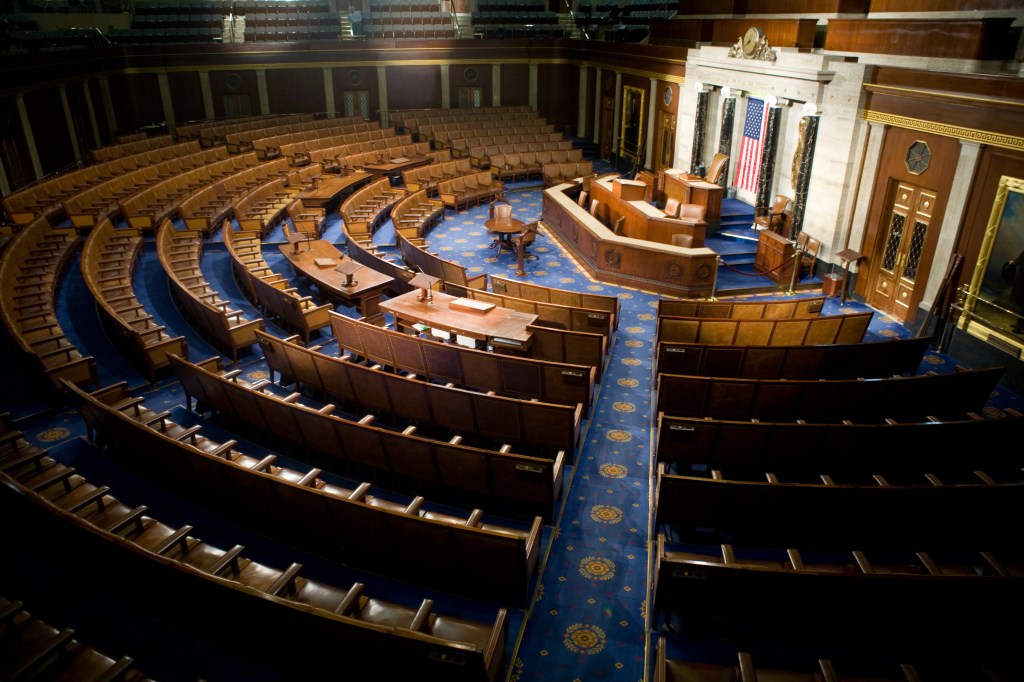A consequence of Brexit is that a substantial amount of power that was previously vested in the EU’s various institutions has been transferred to the UK’s financial regulators, the Financial Conduct Authority (FCA) and the Prudential Regulation Authority (PRA), bodies established by statute, but which operate independently of government. The
Register for free to keep reading
To continue reading this article and unlock full access to GRIP, register now. You’ll enjoy free access to all content until our subscription service launches in early 2026.
- Unlimited access to industry insights
- Stay on top of key rules and regulatory changes with our Rules Navigator
- Ad-free experience with no distractions
- Regular podcasts from trusted external experts
- Fresh compliance and regulatory content every day













